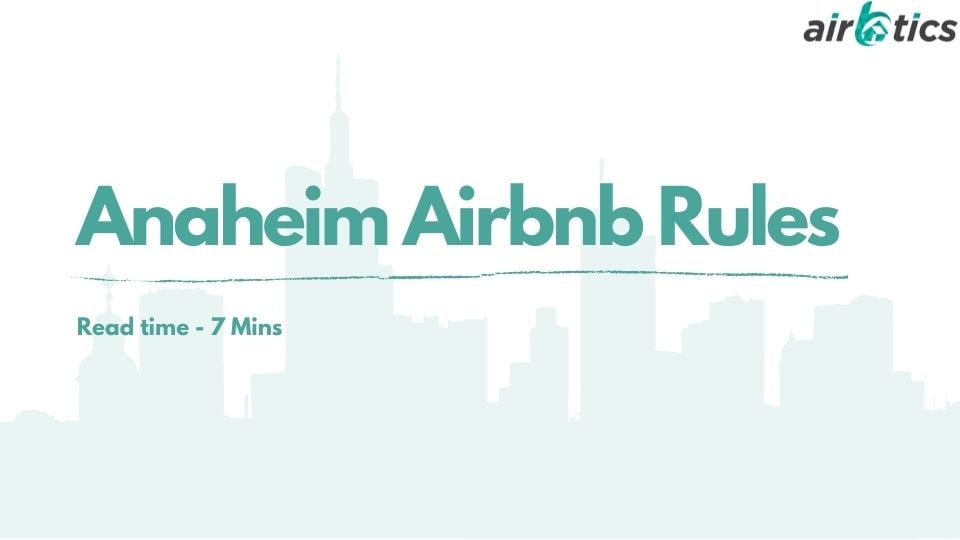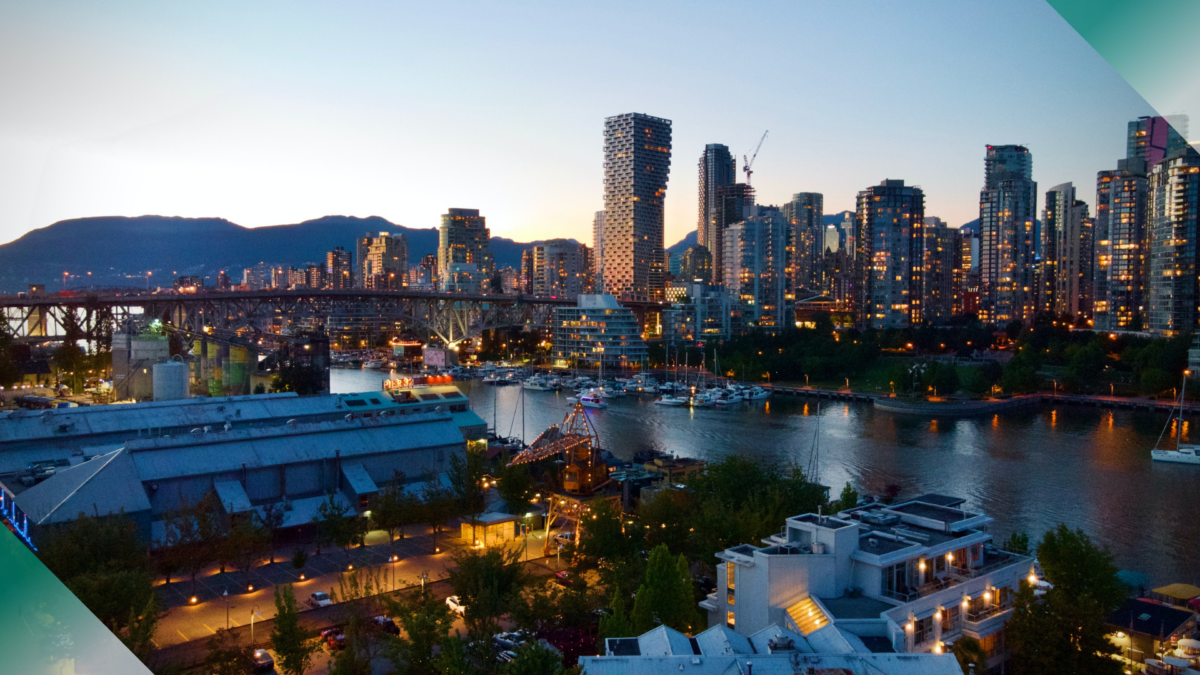Table of Contents Add a header to begin generating the table of contents Is Airbnb legal in Anaheim? The answer is, of course, yes. The new legislation reverses a 2016 restriction on short-term rentals and phases them out. The 2016 STR limitation was difficult to execute due to decades of ongoing operations by STR owners. […]
Categories
Anaheim Airbnb Rules






